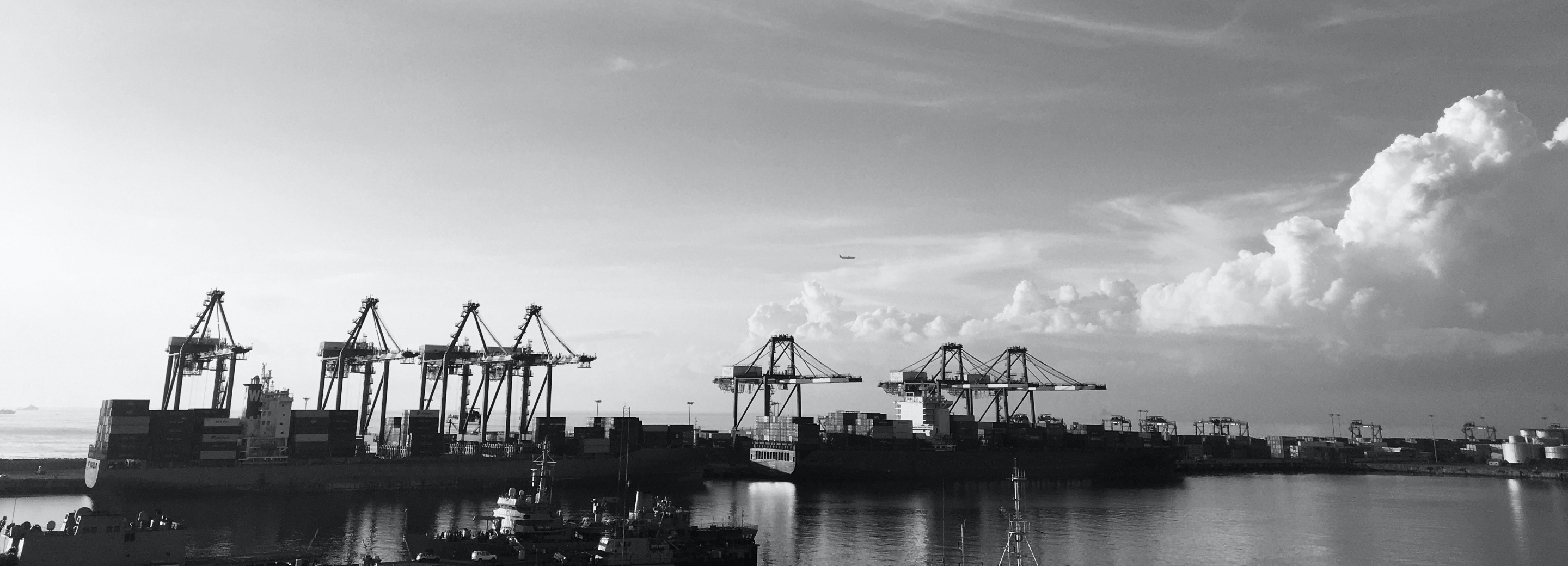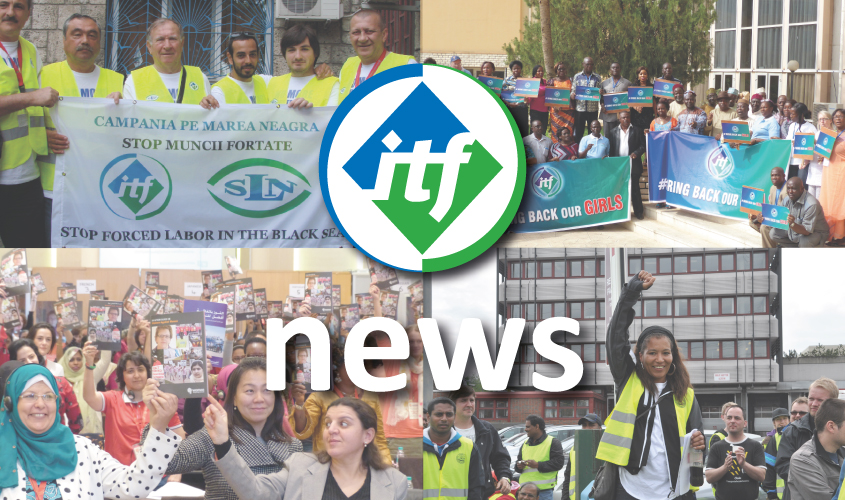
The main outcome of the meeting was the agreement to escalate organising over the next four years across the industrial sections in strategic hubs, corridors, key transportation companies and the supply chains of global retailers.
Separate meetings of the industrial sections of the ITF were also held during the conference.
Resolutions adopted by the women’s meeting included asking that all ITF meetings have a minimum of 30 per cent of women participants. The seafarers’ meeting advised affiliates to oppose the exemption of cadets from the Maritime Labour Convention 2006 and endorsed efforts to build the Myanmar Maritime Trade Union. Young transport workers agreed to develop creative strategies for engaging youth, including through mentoring and social media.
Both the tourism and freight logistics meetings decided to strengthen collaborations with other global union federations. Urban transport unions were urged to identify a small number of potential organising targets, including multinationals and precarious workers.
Civil aviation unions resolved to develop public education material on aviation flags of convenience and provide information on cabin crew service conditions. Fisheries unions expressed concern at the small number of ratifications of ILO Convention 188 and encouraged efforts to promote fisheries organising in the Philippines and Papua New Guinea.
Expressing satisfaction and confidence at the end of the conference, Mahendra Sharma, ITF Asia Pacific regional secretary, said, “We have firm goals set for the next four years. We will try to integrate regional priorities and strategies within the ITF’s global programmes and priorities, including in the planning, strategies and programmes of the industrial sections.”
The conference re-elected Hanafi Rustandi from Indonesia as Asia Pacific regional chair for the next four years and elected three vice chairs. Delegates paid tribute to the contribution of retiring ITF general secretary David Cockroft and welcomed Stephen Cotton as acting general secretary.
